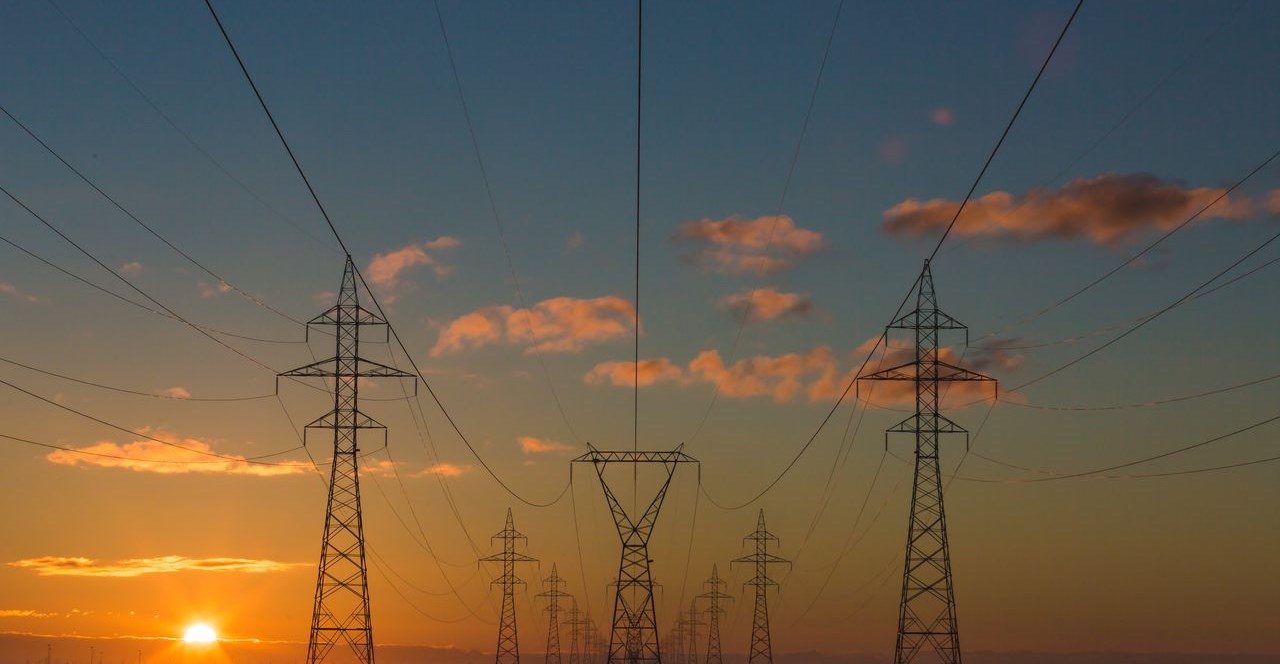Even though the transition of the industry involves a high degree of electrification, carbon atoms will still be required for various material applications, such as in metallurgical processes or batteries. Biocarbon (or biochar) is seen as a key material to move away from fossil carbon. At the same time, there are expectations on biocarbon to act as a carbon sink and contribute to negative emissions. New applications impose new demands on supply chains, product quality, and markets for biocarbon.
Objectives and purpose
The project aims to develop sustainable value chains for biochar, with a focus on industrial applications. By taking an interdisciplinary approach, the project explores the technical, economic, and ecological aspects of biochar production, with the goal of identifying both opportunities and challenges for large-scale biochar expansion in Sweden.
Implementation
The project is conducted through three interconnected research projects that focus on:
- Socio-ecological perspective – Analysis of raw material supply and environmental impacts of biochar, based on residues from forestry and industry.
- Techno-economic perspective – Evaluation of production methods and integration into existing industrial systems to increase resource and energy efficiency.
- Socio-economic perspective – Investigation of market conditions, policy instruments, and economic incentives for biochar production.
The project is a collaboration between Luleå University of Technology and the Swedish University of Agricultural Sciences, where doctoral students and senior researchers work together to generate new knowledge and solutions applicable on both national and international levels.
Expected results
- Development of new value chains for sustainable biochar production.
- In-depth knowledge of markets, policy tools, and technological solutions for biochar.
- Practical recommendations for policymakers and industry to promote biochar production in Sweden.
The project's results will be disseminated through scientific publications, seminars, and collaboration with stakeholders in the biochar industry.
